Explore the dynamic world of Open Educational Resources and discover how OER Africa is driving the movement forward. This page is divided into two sections:
Articles: Our articles aim to deliver insights on OER-related themes that inform, spark conversation, and engage with the developing open education landscape, with a particular focus on Africa.
Updates: Below, the articles, you'll find updates on OER Africa’s latest initiatives, activities, and contributions to the OER community.
Articles
This section features targeted articles crafted specifically for educators, students, and the global Open Educational Resources (OER) community. The articles examine themes related to OER, offering insightful perspectives and information. The content seeks to inform, prompt discussion, and actively engage with the dynamic landscape of open education, particularly within the African context.

You have been teaching, but what have you been assessing? Can assessment also be about teaching? How do you know students have learned? It is easy to forget that instead of being separate processes, teaching and assessment have a close relationship

UNESCO recently hosted a set of worldwide public consultations from 22-24 July 2020, the aim being to expand and consolidate commitments to actions and strategies as well as reinforce international cooperation among all stakeholders. As we noted in a recent blog post, OER Africa provided support to UNESCO Dynamic Coalition Working Group Consultation on the OER Recommendation.
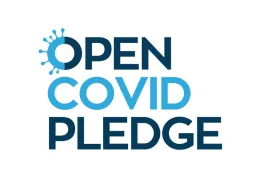
The Open COVID Pledge was launched on 12 August 2020. Within the context of COVID-19, the Pledge encourages individuals and organizations to make their intellectual property available to support educators, students and decision-makers; assist educational organizations; and build a fairer and more resilient education system.
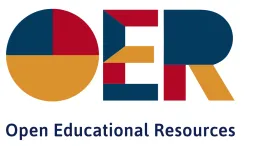
During the week of 20th July, 2020, OER Africa was privileged to be able to participate in, and provide administrative support to, the work of UNESCO’s Dynamic Coalition as its Working Groups convened in virtual consultations to begin preparing plans to support governments around the world in operationalizing the OER Recommendation.

Updates
This section provides updates on OER Africa’s initiatives and activities. Stay informed about our contributions to the OER community and how we are driving the open education movement forward.
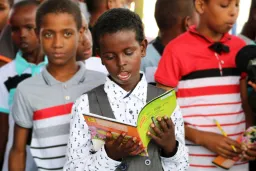
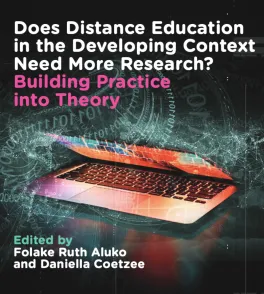

Education systems around the world have traditionally been characterized by closed knowledge systems, overly prescriptive curricula, narrow conceptions of success, and a failure to fully empower teachers as facilitators of learning. A recent paper by Neil Butcher & Associates argues that a key reason for these issues is that many education systems are inhibited by complex policy environments that, likely unintentionally, impede learning and create educational closure.
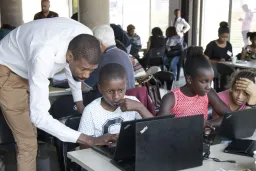
From 4 to 7 September 2023, we celebrate the inaugural Digital Learning Week – a reframing of what was previously known as Mobile Learning Week. The United Nations Educational, Scientific and Cultural Organisation (UNESCO) will convene in-person events for policymakers, practitioners, educators, private sector partners, researchers, and development agencies.

OER Africa has just published an expanded and revised 'Open Knowledge Primer for African Universities.' In the five years since we wrote the first edition, open education has now grown to include developments in open access, open data, open educational resources (OER), and open science. We thought it was time for a refresh.


